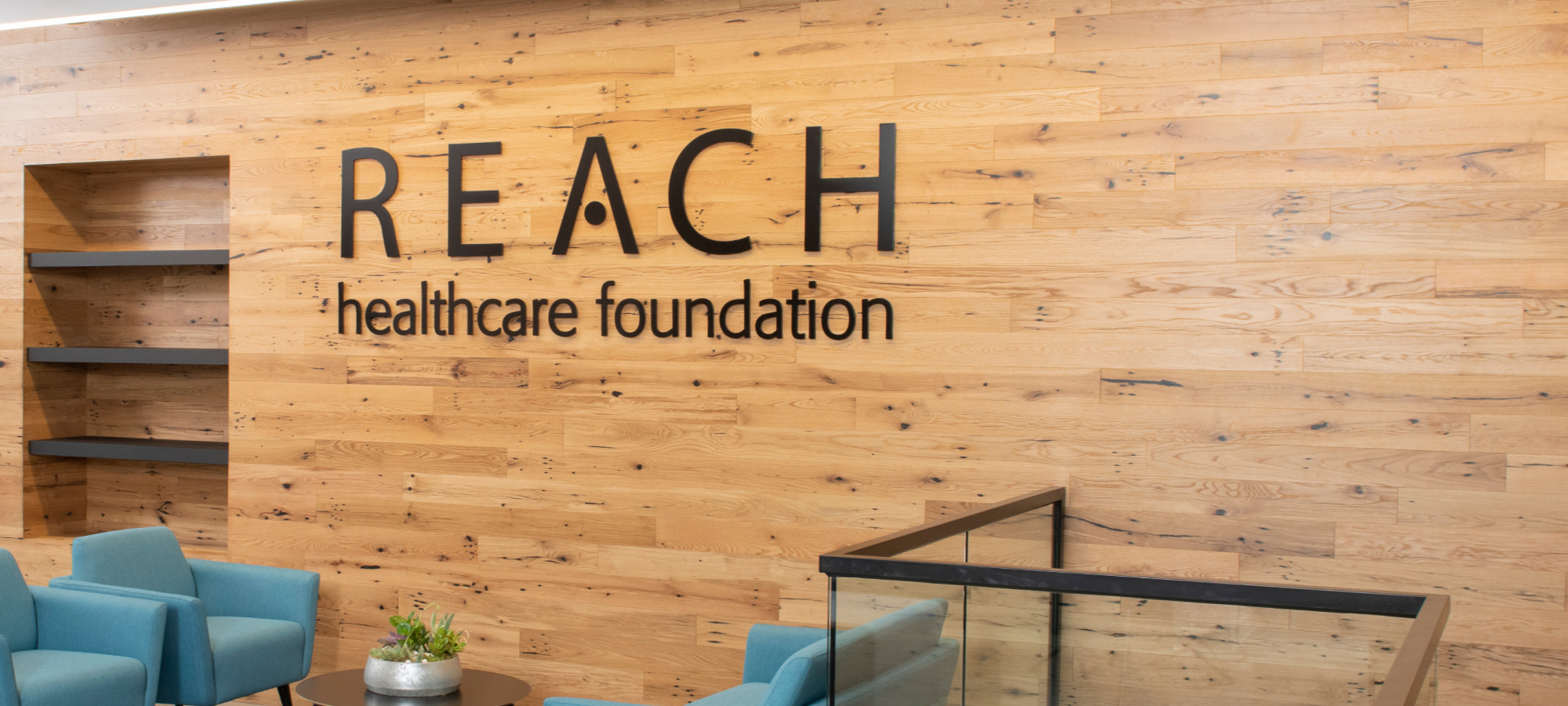The safety and well-being of our REACH Foundation colleagues, community partners and the public remain our highest priority as the negative impacts of the coronavirus (COVID-19) rapidly become more pronounced across the Kansas City region.
At REACH, we are looking to experts such as the Centers for Disease Control and Prevention, so that we are informed and can help share information appropriately without creating additional anxiety and fear. As we undertake this effort, we encourage our partners to educate themselves and their colleagues, clients, families and neighbors about the science of the virus and how it spreads. Sharing accurate information is paramount to help manage the spread of this virus.
Reported illnesses have ranged from mild symptoms to severe illness and death for confirmed COVID-19 cases. Medical experts estimate the mortality rate from COVID-19 is roughly 10 times that of influenza. The following symptoms may appear 2-14 days after exposure.
- Fever
- Cough
- Shortness of breath
The CDC is working closely with local health agencies as well as health organizations around the globe to track the occurrence of the virus and to provide factual information on how we can work to minimize individual and community risk. Everyone has a role to play in preventing the spread of COVID-19 in communities.
REACH Foundation’s Plan
Out of an abundance of caution and recognizing the significant risk of COVID-19 to those who are elderly or with compromised immune systems due to chronic disease or other conditions, REACH will take the following steps effective immediately and through at least April 10, 2020.
For Our Employees and Guests:
- REACH staff will discontinue all work-related travel effective immediately. Employees may travel to work in the REACH offices or may request to work remotely. Employees working remotely will be available by email or phone during regular work hours.
- Employees who are symptomatic will remain home and use their available paid sick leave. Should their sick leave exceed 3 days, a licensed medical provider’s diagnosis will be required, and a licensed medical provider’s clearance will be required before returning to work.
- Employees will conduct previously scheduled in-person meetings and site visits by phone or video conferencing.
- All group meetings and events scheduled for the REACH Community Room will be cancelled or rescheduled until further notice. Requests to use the Community Room will be evaluated after April 10.
- Employees or guests who have traveled to any Level 2 or 3 countries or U.S. cities or states in the last 14 days will be asked not to visit our offices.
- Guests who exhibit symptoms consistent with COVID-19 are asked to seek medical care and to remain at home until their symptoms have subsided.
For Our Grantee Partners:
- Grantee partners are encouraged to contact REACH to discuss their concerns and their clients’ specific needs as they relate to COVID-19 response. Email Brenda Sharpe, President and CEO, at brenda@reachhealth.org to discuss your issues.
- REACH will discuss options for releasing restrictions on any current REACH grants to our local community partners.
- The foundation also will explore ways that we can support organizations serving individuals and families who may be negatively impacted in the weeks ahead. We welcome your suggestions as to how our foundation can best assist. Please send your thoughts to brenda@reachhealth.org.
Among our concerns are people in our bi-state region who do not have health coverage or access to basic medical care due to cost, and those workers who do not have the option of staying home or working remotely. Our highest concerns are for people who don’t have the social and financial resources to manage the impact from the development of the virus. We know there are disparities in access to care throughout our region and want to find ways that we can help to reduce those barriers.
For those who want to help on a more personal level, we suggest:
- Check on your neighbors regularly, particularly if they are elderly and/or have other limitations, and offer to pick up groceries, medications or supplies they may need.
- Make cash donations to local emergency assistance organizations and your local community health centers.
- Offer to help with utility and other bills for low-wage workers should they become home-bound and unable to work due to COVID-19.
- Phone friends and neighbors who have been placed in quarantine to offer encouragement and ask about their mental health.
- Send a note to your Kansas or Missouri legislators to pass Medicaid expansion to close the health coverage gap that prevents thousands of low-income people in our region from accessing affordable coverage, limiting access to treatment and care and adequate funding of the health care safety net and public health systems.
A final note: As we grapple with the health, financial and social effects of this virus, be patient, show kindness and use good judgment in your interactions with workmates, neighbors and fellow community members. This is a public health emergency, and requires precaution and care to resolve this health challenge.



